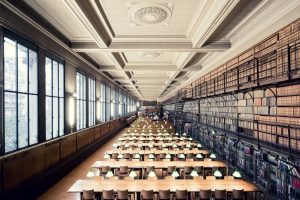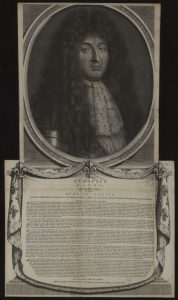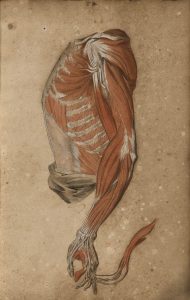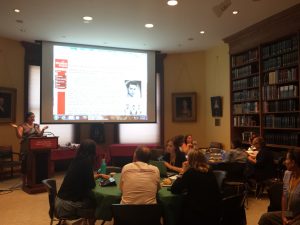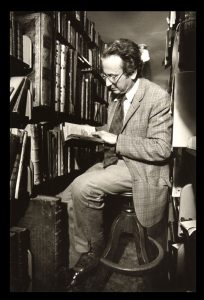 ~This post is courtesy Melissa Grafe, Head of the Harvey Cushing/John Hay Whitney Medical Historical Library at Yale University.
~This post is courtesy Melissa Grafe, Head of the Harvey Cushing/John Hay Whitney Medical Historical Library at Yale University.
The Medical Historical Library of the Harvey Cushing/John Hay Whitney Medical Library at Yale University is pleased to announce its eleventh annual Research Travel Award for use of the Historical Library.
The Ferenc Gyorgyey Research Travel Grant is available to historians, medical practitioners, and other researchers who wish to use the collections of the Harvey Cushing/John Hay Whitney Medical Library. In any given year the award is up to $1,500 for one week of research. Funds may be used for transportation, housing, food, and photographic reproductions. The award is limited to residents of the United States and Canada.
The Medical Historical Library holds one of the country’s largest collections of rare medical books, journals, prints, photographs, and pamphlets. It was founded in 1941 by the donations of the extensive collections of Harvey Cushing, John F. Fulton, and Arnold C. Klebs. Special strengths are the works of Hippocrates, Galen, Vesalius, Boyle, Harvey, Culpeper, Haller, Priestley, and S. Weir Mitchell, and works on anatomy, anesthesia, and smallpox inoculation and vaccination. The Library owns over fifty medieval and renaissance manuscripts, Arabic and Persian manuscripts, and over 300 medical incunabula. The notable Clements C. Fry Collection of Prints and Drawings has over 2,500 fine prints, drawings, and posters from the 15th century to the present on medical subjects, and the collection has expanded to approximately 10,000 items. Themes include social justice, war, drug use, reproductive rights, HIV/AIDS, activism, and more. Although the Historical Library does not house the official archives of the Medical School, it does own a number of manuscript collections, most notably the Peter Parker Collection, papers of Harvey Cushing, and the John Fulton diaries and notebooks. The Library also owns an extensive Smoking and tobacco advertising collection, the Robert Bogdan collection of disability photographs and postcards, medical imagery from popular publications donated by Bert Hansen, and smaller collections of patent medicine ephemera from noted collector William Helfand.
The application deadline is April 29th, 2018. A committee will review applications and grant recipients will be notified in early June. Please apply through Yale University Grants & Fellowships website.
A complete application comprises:
- Research proposal (of up to 2000 words)
- Curriculum Vitae
- Budget
- 2 letters of reference
Please email Melissa Grafe, Head of the Medical Historical Library, with any questions:melissa.grafe@yale.edu






